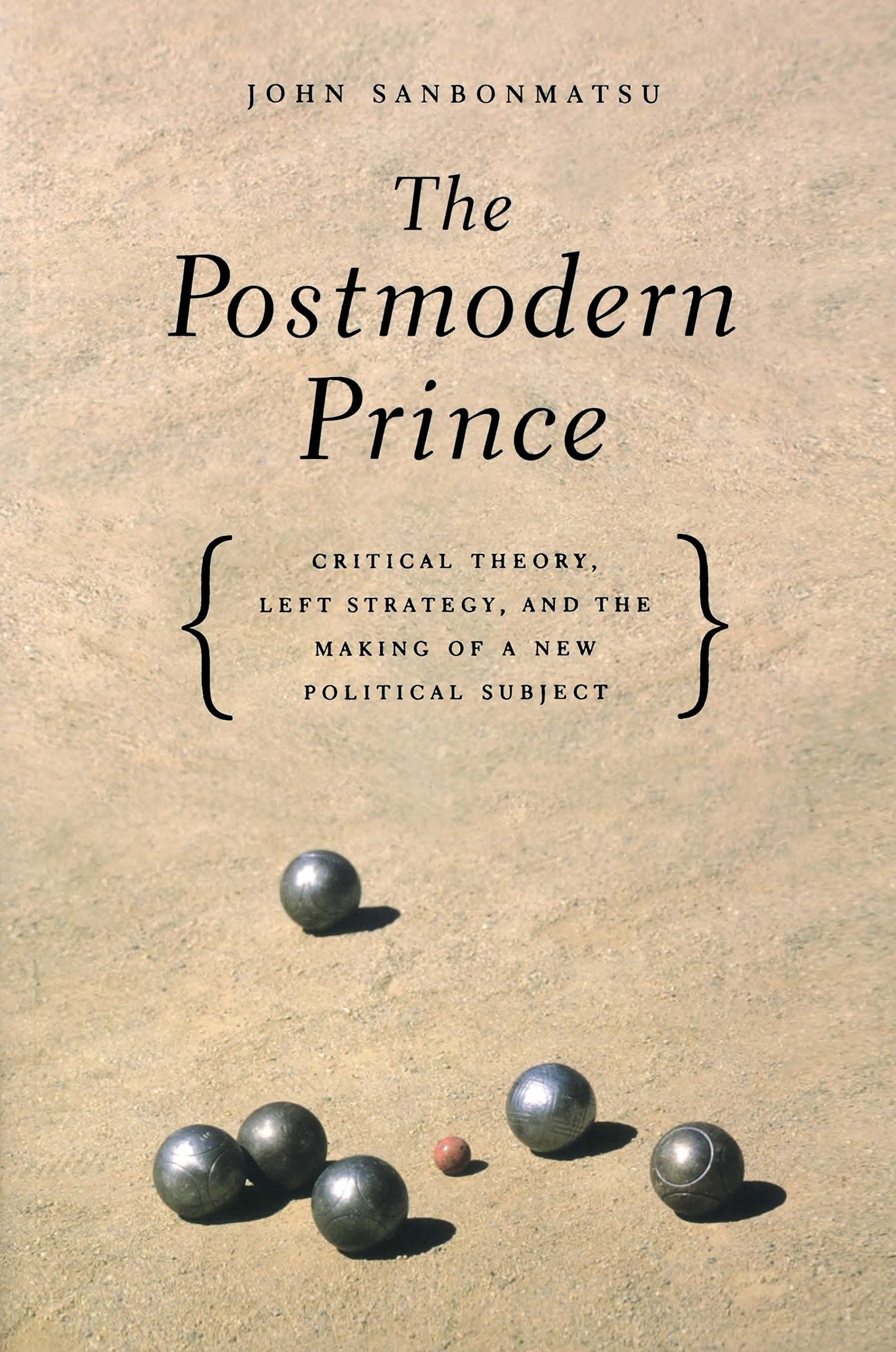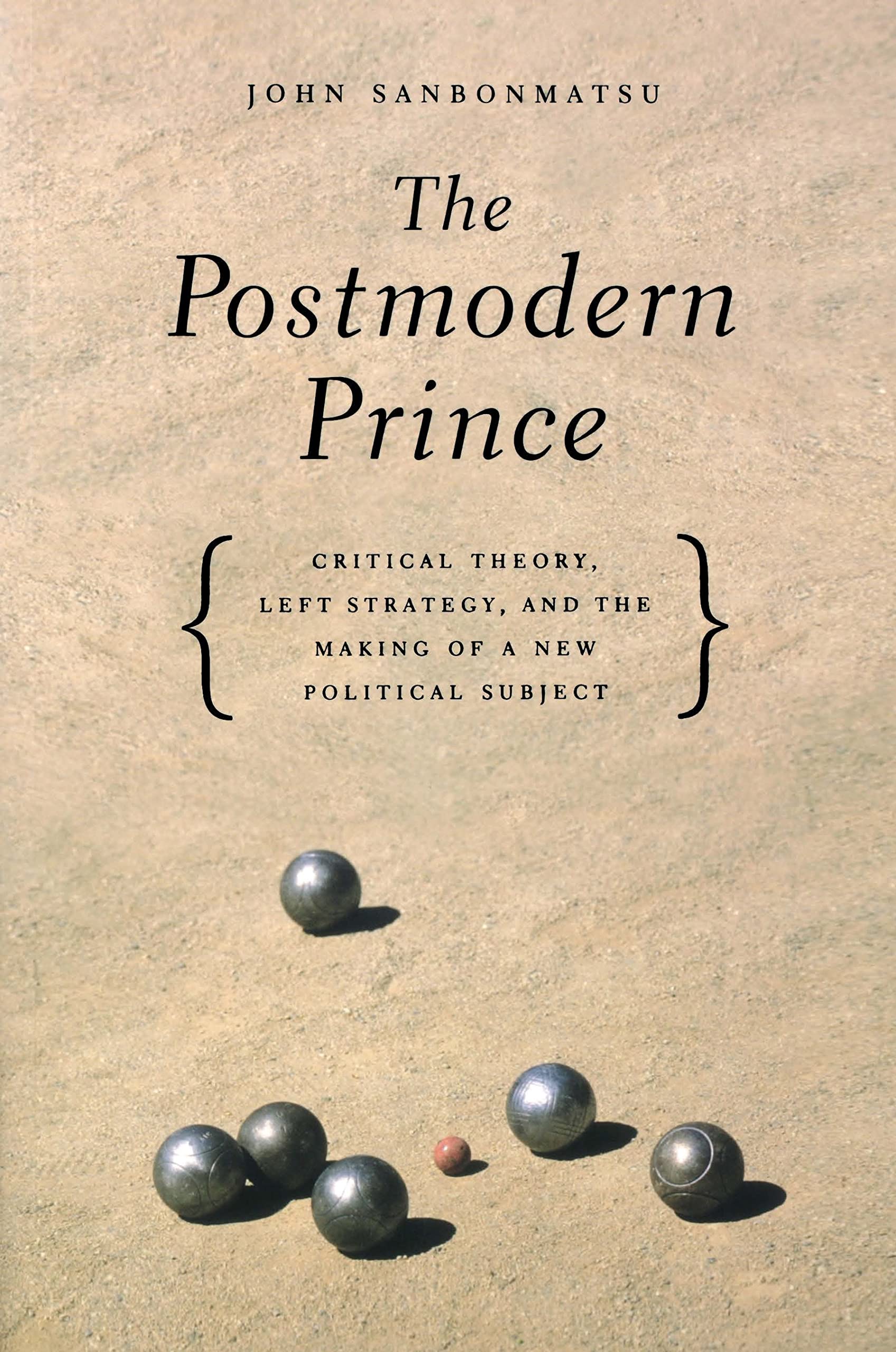Monthly Review Press
Postmodern Prince: Critical Theory, Left Strategy, and the Making of a New Political Subject
Regular price
$7.95 USD
Regular price
Sale price
$7.95 USD
Unit price
per
Shipping calculated at checkout.
Couldn't load pickup availability
Title: Postmodern Prince: Critical Theory, Left Strategy, and the Making of a New Political Subject
Author: John Sanbonmatsu
Political Science: 1689404
ISBN: 9781583670903
Publisher: Monthly Review Press
Published: 2003
Binding: Paperback
Language: English
Edition: 1
Section: Political Science | Political Ideologies | Radicalism
Condition Note: Excellent, unmarked copy with little wear and tight binding. We ship in recyclable American-made mailers. 100% money-back guarantee on all orders.
Publisher Description: John Sanbonmatsu's Postmodern Prince is a work of political theory with a focus on questions of strategy. At the same time it provides an original and illuminating intellectual history of the Left from the 1960s to the present. It examines the politics of the New Left in the 1960s, showing how its expressivism led to political division and also prepared the ground for postmodernism. It shows also how the political economy of academic life in an increasingly commodified society strengthened the basis of postmodernism. The Postmodern Prince provides a historically-grounded critique of postmodernism, and a history of how the socialist Left has helped to create its ideas. In the course of this two-sided critique, it develops a brilliant account of a Marxism that sets itself the task of building a collective political subject-a successor to Machiavelli's Prince and Gramsci's Modern Prince-capable of challenging capitalism in its moment of global crisis. Sanbonmatsu demonstrates the limitations of the work of Michel Foucault, and more recently, Hardt and Negri's much-acclaimed Empire. In the process he validates for Marxism the classical idea of politics as hegemonic in scope, revolutionary in aspiration, and dependent on the capacity of leadership to rise to unforeseen challenges. He draws on an extraordinary range of historical, political and philosophical analyses to set out the preconditions for a renewal of strategic and theoretical vision for the Left.

